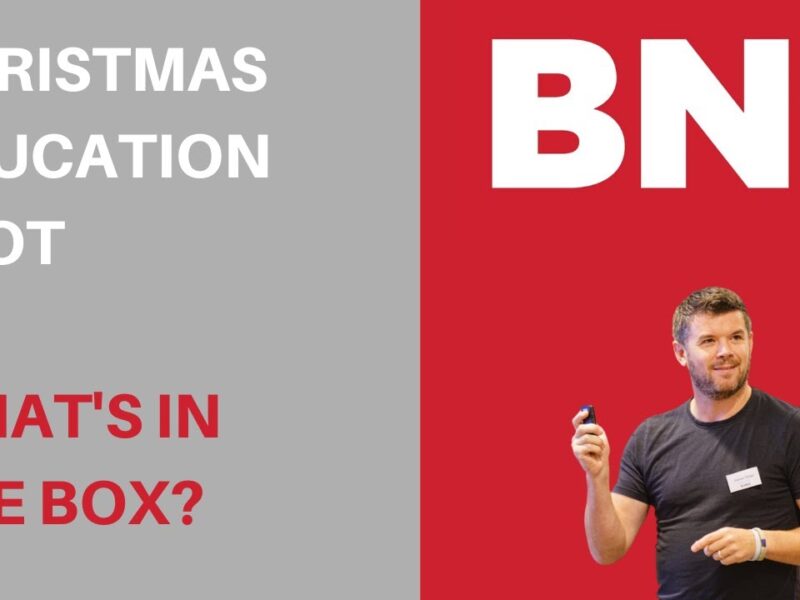Education has long been regarded as the cornerstone of progress and development in any society. It serves as a powerful catalyst for change, transforming individuals and communities alike. The importance of a course in miracles cannot be overstated, as it equips individuals with the knowledge, skills, and critical thinking abilities necessary to navigate an increasingly complex world.
At its core, education empowers individuals. It provides them with the tools they need to not only secure gainful employment but also to make informed decisions about their lives. Education instills a sense of self-confidence and independence, enabling individuals to contribute meaningfully to their communities and society at large. Whether through formal schooling or lifelong learning, education is a key driver of personal growth and development.
Education is also a potent driver of economic growth. A well-educated workforce is more productive and adaptable, which leads to higher levels of innovation and competitiveness. Countries that prioritize education tend to experience greater economic stability and prosperity. Moreover, education can break the cycle of poverty, offering individuals a pathway to better economic opportunities and an improved quality of life.
In addition to economic benefits, education fosters social cohesion. It promotes tolerance, understanding, and empathy among individuals from diverse backgrounds. An educated populace is more likely to engage in constructive dialogue and work toward solutions to pressing social issues. Education also plays a vital role in the promotion of democratic values, as informed citizens are better equipped to participate in the democratic process.


